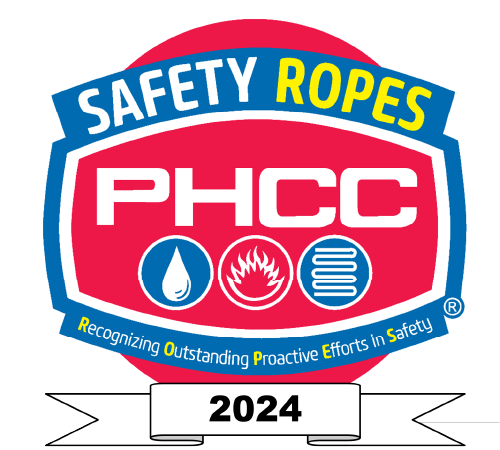5 Things To Consider Before Water Heater Installation in Marietta, GA
Cold Showers in Marietta: The Cost You Don’t See Sun’s barely up over Kennesaw Mountain and the tap runs ice-cold. The kids stare at a fogged mirror, dishes stack in the sink, and your coffee routine just derailed. You nudge the thermostat, wait, and the clock keeps moving. We get it. A bad match-wrong size, … [Read More]



